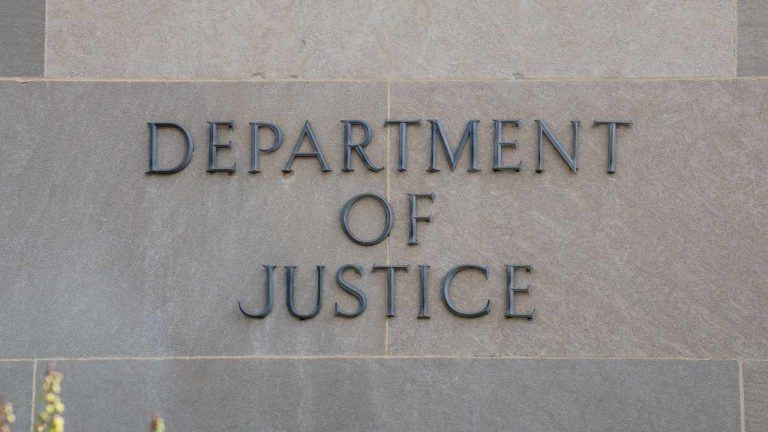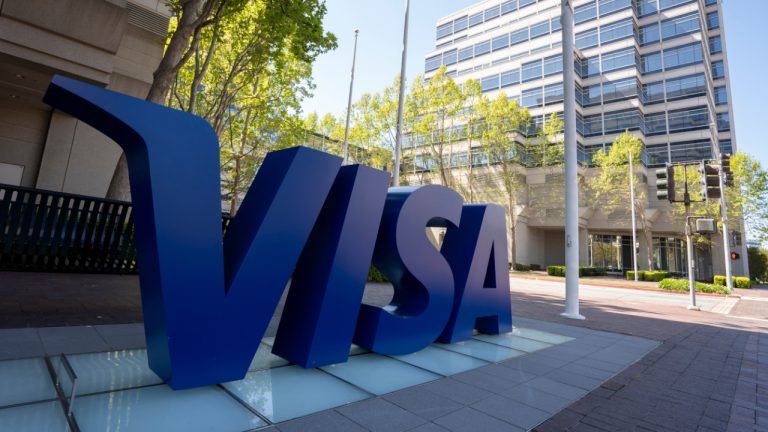FTA threatens MTA funding over worker safety
4 min read

Bloomberg News
The Federal Transit Administration issued a “final warning letter” to the Metropolitan Transportation Authority, alleging the agency isn’t addressing worker safety risks.
The FTA on Tuesday gave the MTA’s New York City Transit 30 days to revise its Safety Risk Assessment. If the MTA fails to do so, the FTA may withhold up to 25% of federal aid.
An MTA spokesperson claimed the letter is part of a “pattern” of politically motivated actions from the Trump administration and the Department of Transportation targeting the MTA’s budget.
“These questions were answered seven months ago, but we are not surprised to receive this letter out of the blue now. Clearly this was not urgent for Washington until it was decided it was time to fire off yet another letter and press release,” MTA Chief of External Relations John J. McCarthy said. “We are reviewing this latest letter to determine any appropriate legal action.”
The MTA’s current capital plan expects $14 billion of funding from the federal government.
The MTA is not the only transit agency to receive direct pressure from the FTA, which has ramped up its involvement with agencies’ policy over the last decade.
The issue in the letter dates back to the death of a track maintenance employee in November 2023 and a serious injury to an employee in June 2024, according to an FTA press release. A subsequent FTA audit “identified significant safety deficiencies in NYCT’s Rail Transit Roadway Worker Protection program and a noted increase in near-miss events involving transit workers,” the release said.
NYCT “experienced 38 potential employee-near misses” in 2023, a 65% increase from 2021, according to the FTA. The rate of these events from 2021-2023 is 3.4 times higher than the preceding eight-year period.
The FTA required the NYCT to create a safety risk assessment. The first SRA was rejected last December. NYCT submitted its second in January. The FTA argued in its letter that the SRA did not reflect the increase in near misses.
“I am disturbed by MTA’s failure to reinforce safety measures following serious accidents — one resulting in the death of a transit worker,” said FTA Administrator Marc Molinaro. “Secretary [Sean] Duffy has said time and again, safety is USDOT’s top priority, and we will not accept anything less than full accountability. Let me be very clear: We will not accept being jerked around on safety and security issues any longer. By anyone, anywhere.”
The Transit Workers Union, which
The MTA’s statement said NYCT has had regular meetings with the FTA to discuss employee safety since last fall and “employee safety audits were conducted with labor partners to identify any areas for improvement.”
The MTA must now create a new SRA which reflects the risk trends, the FTA said. If the new SRA is rejected, the FTA will not allow the MTA a fourth attempt. Instead, it will take “enforcement actions” against the MTA’s budget.
“This includes directing NYCT to use federal financial assistance to correct safety deficiencies, withholding up to 25% of financial assistance and issuing restrictions or prohibitions as necessary and appropriate to address unsafe conditions or practices that present a substantial risk of death or personal injury,” according to the FTA’s statement.
Federal aid is supposed to fund 20% of the
The agency’s funding has been targeted by the DOT since President Donald Trump took office in January.
The DOT tried to
In March, Duffy
McCarthy suggested all these actions are an attempt to punish the MTA for the
“Crime in the New York subway system, patrolled by the NYPD, continues to drop, New York City streets have less traffic and are safer, transit ridership continues to grow,” McCarthy said. “A federal judge has made it absolutely clear that punishing New York for maintaining congestion pricing is a violation of his injunction, which remains in effect. We are reviewing this latest letter to determine any appropriate legal action.”
The FTA’s threats to the MTA fit a pattern of the agency escalating its influence on transit systems.
In 2015, the FTA took control of safety oversight for the
In 2022, the FTA reprimanded the
In March, Duffy







